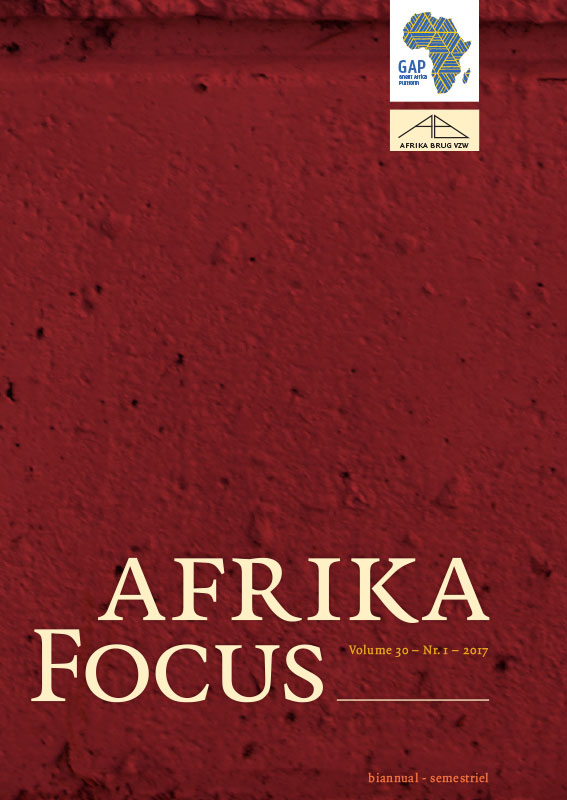Beyond the rhetoric of international human rights standards in the struggle to decriminalise homosexual conduct in Uganda
DOI:
https://doi.org/10.21825/af.v30i1.4978Abstract
In 2014, Uganda’s Constitutional Court struck down the problematic Anti-Homosexuality Act (AHA). However, since the decision of the court was based on procedural rather than on substantive grounds, the AHA may very well be reintroduced, or, other anti-homosexuality laws in place can still be relied on to criminalise consensual homosexual conduct. The ideal solution is to have all the anti-homosexuality laws struck down in light of Uganda’s international human rights obligations. However, although a number of international human rights instruments lend impetus to the cause of decriminalisation in Uganda; these international standards have thus far not fully persuaded Uganda to have these discriminatory laws struck down. In this article, I argue that whereas arguments based on Uganda’s international and constitutional obligations form a good foundation for reform, these standards cannot of themselves form a complete solution to the prob- lem. Drawing on the various actors that were at the fore in the struggle towards the striking down of the AHA, I argue that translating the rights of lesbian, gay and bisexual and transgender (LGBT) people into a reality will require conscious efforts from a number of actors including the judiciary, international and national human rights defenders and faith-based organisations. I identify some of the mistakes made by the foregoing actors in advocating for the striking down of the AHA, and how these mistakes should be addressed if the cause of decriminalisation is to be effectively advanced. Although Uganda is placed at the heart of the discussion, the conclusions drawn are relevant to other African countries battling with this subject. Key words: Uganda, international human rights standards, Anti-Homosexuality Act, decriminalisationDownloads
Published
How to Cite
Issue
Section
License
Authors who publish with this journal agree to the following terms
Authors retain copyright and grant the journal right of first publication with the work simultaneously licensed under a Creative Commons Attribution License that allows others to share the work with an acknowledgement of the work's authorship and initial publication in this journal.
Authors are able to enter into separate, additional contractual arrangements for the non-exclusive distribution of the journal's published version of the work (e.g., post it to an institutional repository or publish it in a book), with an acknowledgement of its initial publication in this journal.
Authors are permitted and encouraged to post their work online (e.g., in institutional repositories or on their website) prior to and during the submission process, as it can lead to productive exchanges, as well as earlier and greater citation of published work (See The Effect of Open Access).


